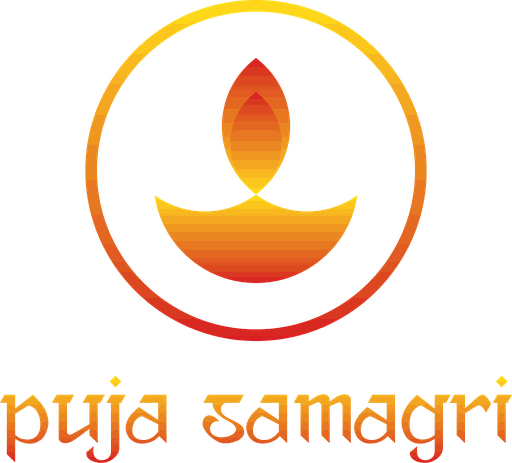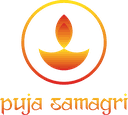The Nepali Fathers’ day is called “Buwa Ko Mukh Herne Din”, literally meaning to see one’s father’s face. This day is also known as “Kushe Aunsi”, “Pitri Tirpani Aunsi” or “Gokarne Aunsi”. Kushe Aunsi derives its name from Kush which is a type of holy grass and it is a tradition to bring Kushe home on Aunsi, a no-moon day. Similarly, Gokarna is a place eastern Kathmandu visited by some to do the shraddha or pinda daan to their deceased father.
Buwa ko Mukh Herne Din in Nepal is celebrated differently according to different cultures and traditions that exist in Nepal. Some celebrate it empty stomach early in the morning and some celebrate it in the evening. Markets are hustled with people buying necessary Puja ensembles for Fathers’ day. People present their father with sweets, fruits and gifts, and prepare elaborate home-cooked delicacies.
Those who have lost their father memorialize by giving sida daan to a pandit. Sida is holy mixture of rice grains and other pure food materials and clothes. Some also visit temples of Shiva or do Shradhha at home in remembrance of their deceased father.
Over the years, Fathers’ Day is celebrated in order to appreciate the role of fathers who always try to give the best to their children— and who set the example every day of what it means to care for the people you love.
The Nepali Fathers’ Day does not coincide with the International Fathers’ Day and is based on the lunar calendar. This year Nepali Fathers’ Day is on 30th August 2019.
Buwa ko Mukh Herne Din in Nepal is celebrated differently according to different cultures and traditions that exist in Nepal.Some celebrate it empty stomach early in the morning and some celebrate it in the evening. Markets are hustled with people buying necessary Puja ensembles for Fathers’ day. People present their father with sweets, fruits and gifts, andprepare elaborate home-cooked delicacies.

